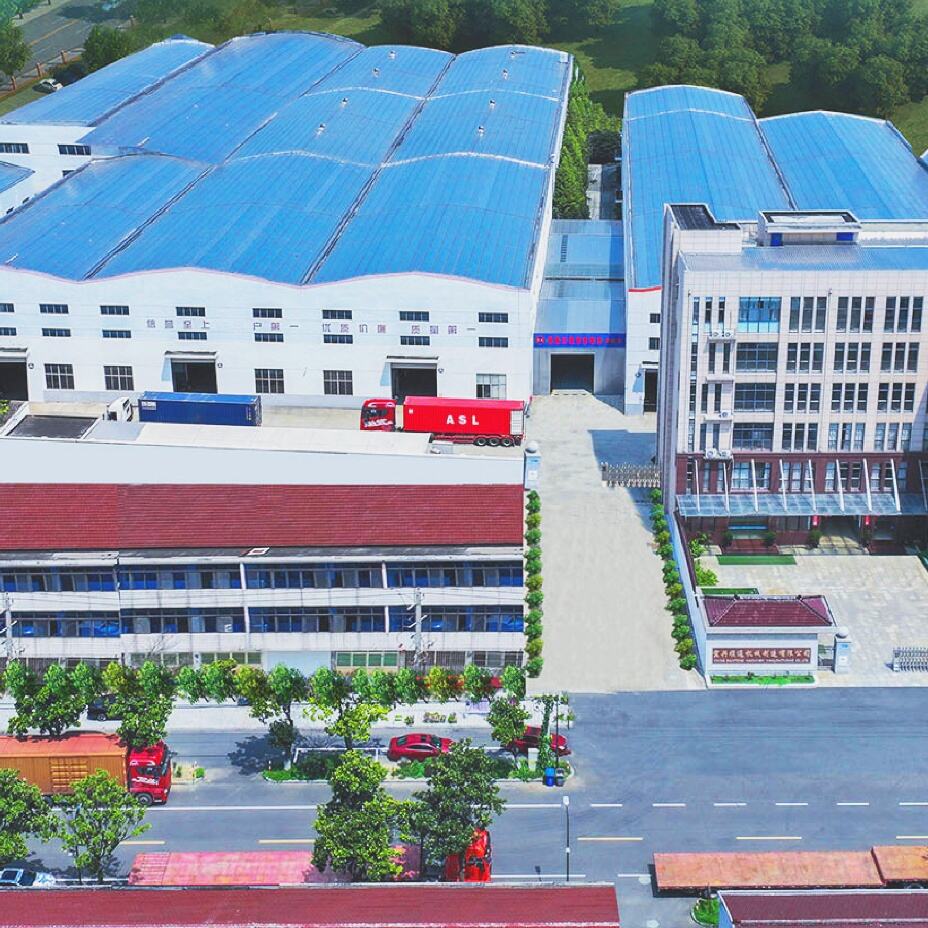Weed Control Fabrics Machine: A Core Driver for Efficient, Sustainable Weed Management
The weed control fabrics machine holds pivotal significance for modern agriculture, directly addressing the long-standing pain points of inefficient, high-cost weed management. Traditional weeding methods—such as manual labor or excessive herbicide use—are not only time-consuming and labor-intensive but also risk soil degradation, chemical residue in crops, and harm to beneficial organisms. The machine solves these issues by producing high-performance weed control fabrics: these fabrics are permeable to water and air (ensuring crop root respiration and moisture absorption) while blocking sunlight to suppress weed growth. For farmers and agricultural cooperatives, this means reduced reliance on toxic chemicals, lower labor costs, and sustained soil fertility—directly boosting crop yields and the economic benefits of agricultural operations.
Beyond agriculture, the machine’s significance extends to landscaping, horticulture, and urban greening, meeting the demand for low-maintenance, aesthetic green spaces. In public parks, residential gardens, commercial plazas, or nursery operations, weeds often disrupt plant growth and ruin landscape aesthetics. Manual weeding in these areas is repetitive and costly, especially for large-scale green spaces. The weed control fabrics machine addresses this by enabling the production of customizable fabrics—with adjustable widths, thicknesses, and durability levels—to fit diverse scenarios (e.g., thin fabrics for potted plants, heavy-duty options for park lawns). These fabrics eliminate the need for frequent weeding, maintain the neatness of green spaces, and reduce the cost of long-term landscape maintenance, making them indispensable for landscaping businesses and urban management departments.
The machine also carries significant value in advancing global sustainability and organic production trends. As consumers and regulatory bodies increasingly prioritize eco-friendly, chemical-free products, the demand for organic farming and green landscaping has surged. The weed control fabrics machine supports this shift by facilitating the production of environmentally friendly fabrics—many can be made from recycled materials and are biodegradable, leaving no harmful residues in the soil. Additionally, by reducing herbicide use, the machine helps mitigate chemical runoff into water sources, protecting aquatic ecosystems. For fabric manufacturers, this means aligning with market trends, expanding product lines to meet sustainable demand, and strengthening their competitive edge in the green industrial chain.

